The 12 weeks of school holidays are over, and believe it or not, it’s flown! My son spent three weeks in the UK with family and friends, enjoying everything British. He’s been looking forward to the trip since I told him at the start of the year. He was treated to pub lunches, day trips, shopping and even trying Nando’s for the first time!
Now that he’s a bit older, it’s not as scary for him to be away from home for a little while. Being with family helps, and we know he’s safe and sound. Plus, it’s a nice change of pace during the holidays. Time really flies when you’re having fun, doesn’t it? That’s exactly how it’s been this year!
But, like all good things, the fun eventually comes to an end. This past week, I’ve been busy getting everything ready for back-to-school. I can’t help but feel a bit nervous about what the new school year will bring. The first year at the new school was tough, and last year involved a lot of hard work to catch up.
Feeling a bit anxious as the new school year approaches is totally normal, especially when dealing with new ways of doing things in a different country. Even though it’s our third year, we’re still figuring out the “new” rules and routines.
Starting a new school year in Valencia is more than just dropping your child off at the gates. I’ve learned that each school in Spain does things differently. And this mean planning ahead and understanding how the system works.
I remember feeling confused and frustrated the first time I took my son to school. There were no introductions, and he was rushed into the classroom without any updates on how his day went. Plus, they didn’t tell me about the materials he needed. The costs for school supplies, uniforms, and fees seemed really high, and it made me wonder if moving here was a good idea at all!
But this time around, I’m more prepared and familiar with the process, so things are starting to get easier. Each year brings new challenges, but once you understand how things work, navigating the school system in Spain becomes much simpler. With that in mind, I’d like to share my stress-free guide on how to handle going back to school in Spain like a pro!
Be A Member of AMPA
AMPA stands for the Asociación de Madres y Padres. A Spanish version of a parent-teacher association. Joining AMPA is beneficial for your family. You will be entitled to discounts and reduction of fees, including field trips, books, after-school clubs and leisure activities.
The annual fee to be a member AMPA is around €22 per family. This is regardless of the number of children that are students of the school. The fee is usually paid via direct debit.
It’s particularly handy if the school organises several trips during the year. For instance, my sons class went on a residential this year for two days. Being a member of AMPA means the fee was reduced from €30 to €6.00.
Xarxa Llibres
Xarxa de Llibres is an educative programme for the region of Valencia in Spain. Which aims to provide free books and other materials for students in Valencia. You can read my detailed post on ‘Parents Guide To ‘La Xarxa De Llibres’ for more information and how to join.
Join The Parents WhatsApp Group
This group is a total lifesaver! Joining the parents WhatsApp group has opened a whole new world for me. It’s a great way to communicate with parents from the same class group. Anything school, homework, community and fiesta related are discussed on this group. Very handy in keeping you updated about what’s going on and extremely useful if you are ever stuck with homework!
School Uniform
How I miss being able to go to Asda and get a pack of school shirts for £3.00! I truly miss those days when I didn’t have to spend a fortune on back to school stuff!
This year we’ve spent €200 on uniforms for our 9-year old. Uniforms have to be bought from school as they have to bear the school logo. The correct uniforms must be worn according to the season.
Label Everything!
Your child will own a whole library of school materials! It’s important you invest in a good marker pen or a back to school label pack. This year I tried a company called Stikets. Stickets is an online store that offers packs of stickers and labels for clothes, shoes, bags, books and much more. I like the different design styles, colour options and most importantly they’re affordable.
Lunch Arrangements
At first, I didn’t want Sam to stay for school dinner with the school hours being so long (09:00-17:00). After a few months of picking him up for lunch every day, we decided that it was far too disruptive especially when we were trying to get some work done.
Unfortunately bringing sandwiches for lunch is not very popular with Spanish schools. They insist that your child stays at school to or go home for lunch. This really depends on how far you live from the school and whether you don’t mind running around during the day.
Lunch at his school is around €5.20 per day which we pay on a monthly basis through our bank.
Invest In A Good Mochila
Your child will probably carry half of their own weight every day in the form of books, notebooks, pencil cases, water bottle and whatever the teacher requests.
A good quality mochila (rucksack) is a must! Believe me, I’ve tried a few! In the first years, I purchased a separate carro (cart) where a rucksack can be attached. I find these can break easily. Sam has to carry his bag up and down three flights of stairs every day! As you can imagine his bag goes through some rigorous testing and I had to replace two bags and two carts within a year!
Standard School Equipment
Valencian dictionary – Valenciano is taught in all public and concertado schools in the Valencian region. It’s useful to have a reference book for the subjects that are taught in Valenciano.
Good Quality Notebooks (Cuadernos) – Invest in good quality notebooks. Preferably the ones which are perforated. At the end of each tema (topic), the students are required to remove all work that they have done during that term. They will need to transfer their work into a plastic sleeve and then given to the teacher for marking.
Plastic book covers (Forra de libros) – A must to protect all subject books. Keeping them in great condition is important, especially if you are taking part in Xarxa De Llibres.
Box of tissues – for those little accidents.
Pack of coloured paper – Mainly used for creating a cover page for their ‘tema’ (topic).
Bottle of water – labelled with their name on it.
Wash Bag – Or bolsa de aseos, soap and small towel must be brought in this bag at every P.E lesson. A boot bag will usually do.
Parents Introduction To The New Year
The first week of going back is usually an easy process, the kids have at least a week to get themselves together. Sometimes, subject books can also arrive later, so your child can ease themselves into the routine quite easily.
The teacher will usually hold a meeting a week before your child starts. Holidays, rules, lunch arrangements, possible trips and days out are usually discussed.
During the beginning of the September, the children go to school for half a day. My son attends from 09:00-13:00. This schedule will continue for a few weeks until the beginning of October. From October until the end of May the children will attend a full day 09:00-17:00.
Online Platform
For a fee of around €15 a year, the school offers an access to their online platform where parents and teachers can view and manage day to day school activities. The platform is a personalised portal where you can view your child’s homework, grades, email teachers directly, justify incidents and other download important announcements.
Homework!
I’m not going to sugar coat the fact that you and your child’s life will revolve around homework. Be prepared to invest some time to learn Castellano. There’s nothing more frustrating than not knowing what your child has to do. Do a lot of research on learning resources and take classes if you can. Kids as young as 7 are expected to do at least 3-4 pieces of every night. This can be overwhelming if your child doesn’t know the language yet.
Reading Books
Reading books are also an important part of schooling here in Spain. My son is expected to read at least 5 books during the year. The school uses a platform called Ranopla, where they can log on and answer a series of questions about the books that they’ve read. By doing this they will also gain points which go towards their grades at the end of the year.
*This blog post contains affiliate links that might earn me a little something if you purchase or click on them.

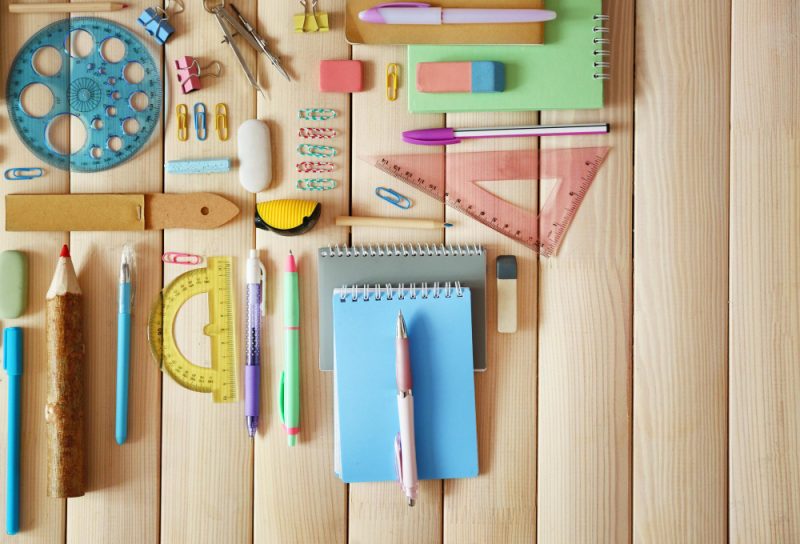
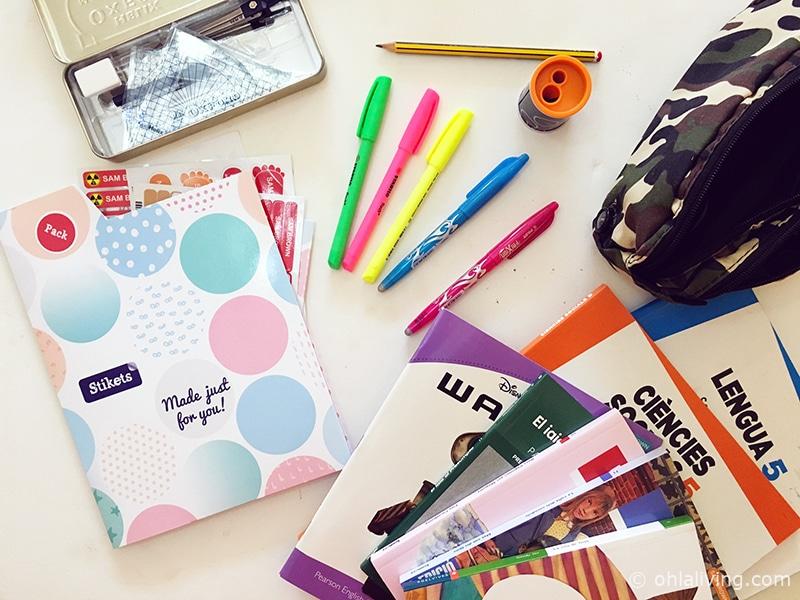

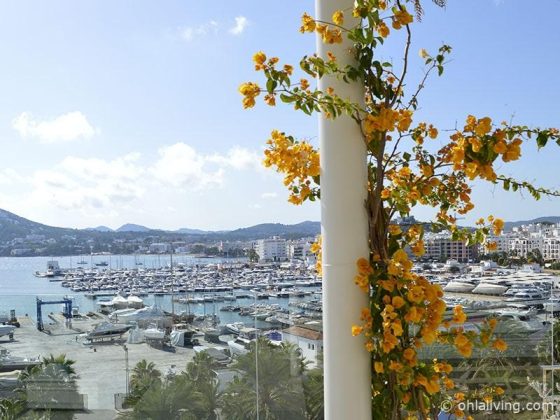
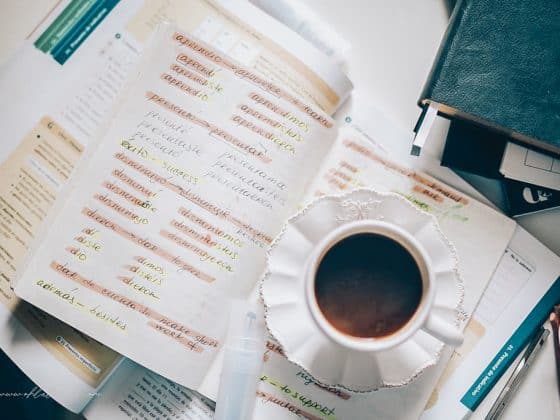
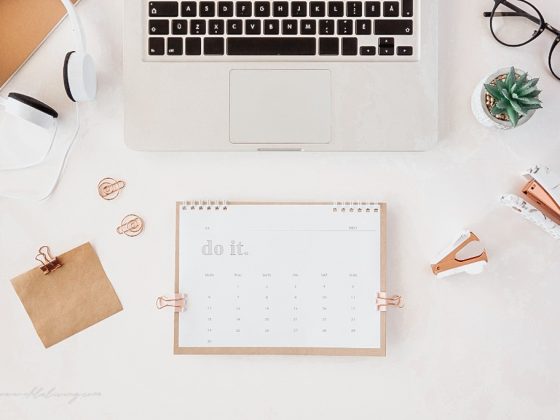


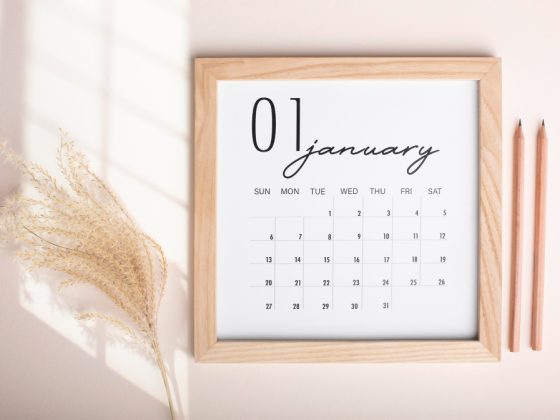



2 comments
I found this post on the Google search because my daughter’s new Spanish school hasn’t given us any info about her first day next month! Thanks for the information, sounds like it’s going to be s learning curve for us all!